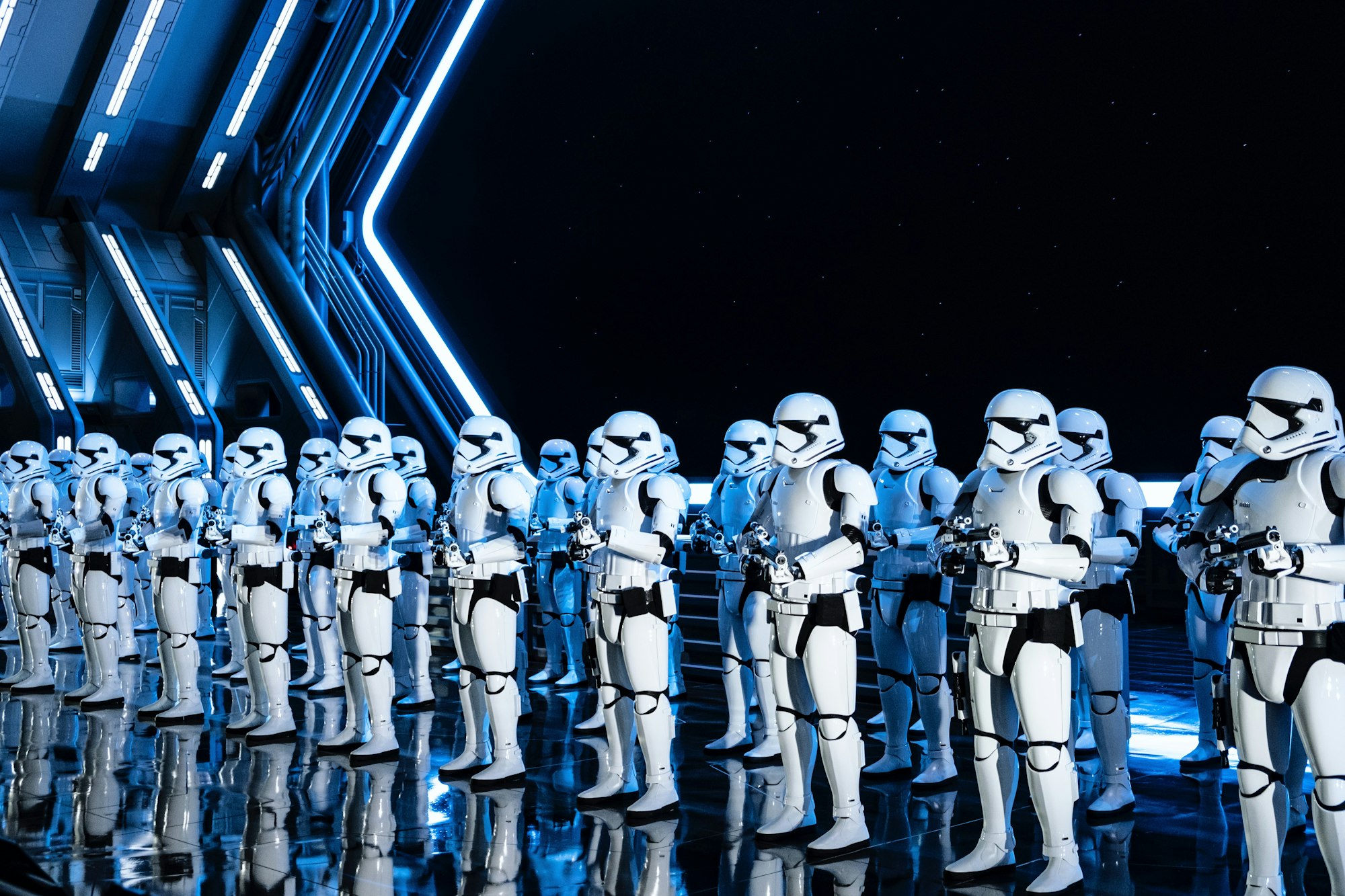On the Merits of Science Fiction
Without exploring the fantastical, we reinforce the likelihood of the status quo.

With a name like Uncharted, we consider it a responsibility to explore the fringe ideas, technologies, and solutions that might one day dominate the future. It is startling to be reminded that Barack Obama waffled on the question of gay marriage less than two decades ago, or that some of the topics in The Office were considered acceptable at the time, or that so many technologies that define our day-to-day didn’t exist 15 years ago. Chris Dixon, a venture capitalist focused on the future of the internet, suggests that we might miss the next big thing because it will start out looking like a toy. This seems to be the case for NFTs and other digitally scarce assets. The cryptocurrency prices people are paying for pixels on a screen seems absurd, but perhaps what seems absurd now will one day make total sense. I learned recently that space exploration was largely inspired by scientists reading science fiction and that NASA has been funding science fiction authors to help expand the intellectual horizons of what’s possible. Whether it's NFTs, science fiction, FDA approval of psychedelic drugs, or 4-day workweeks, there is perhaps no topic that captivates my imagination more than how radical ideas become mainstream norms; there is a thrill in the pace of change, a reverence for peculiar but brave visions, and a humility in recognizing how quickly modern ideas become artifacts from a past era.
Ezra Klein said recently on his podcast that one of the most valuable critiques of his show has been that by only exploring what’s politically realistic, he reinforces the existing boundaries of what is politically possible. By pollinating our realism with radical ideas and far-fetched possibilities, we’re able to stretch those boundaries and move the Overton Window. Without exploring the fantastical, we reinforce the likelihood of the status quo, and for those of us who believe the status quo needs an upgrade, this is a lesson in practicing intellectual inclusiveness.
